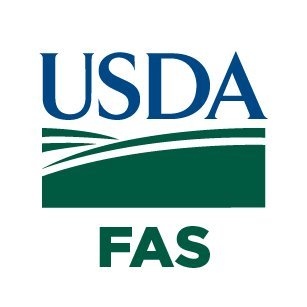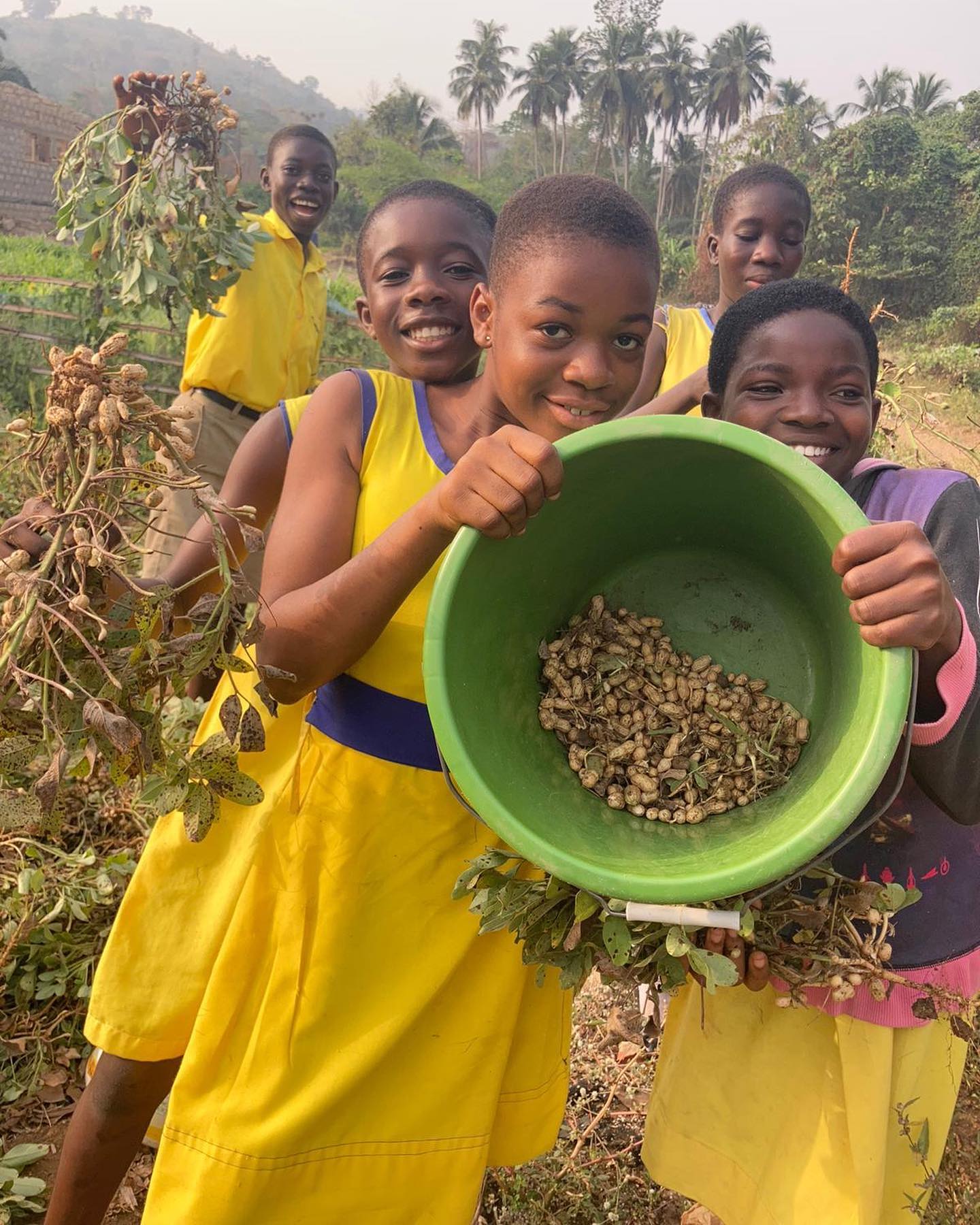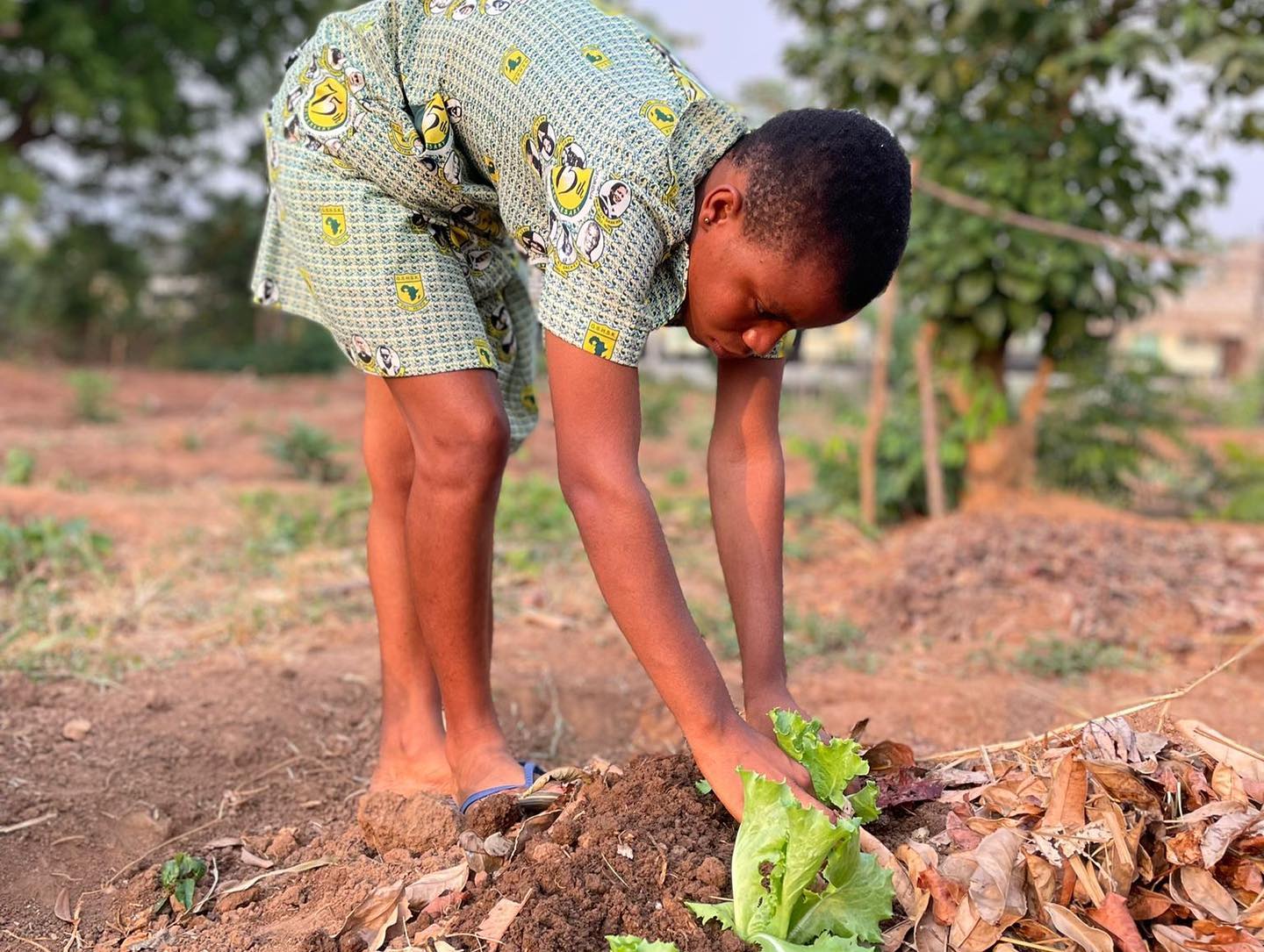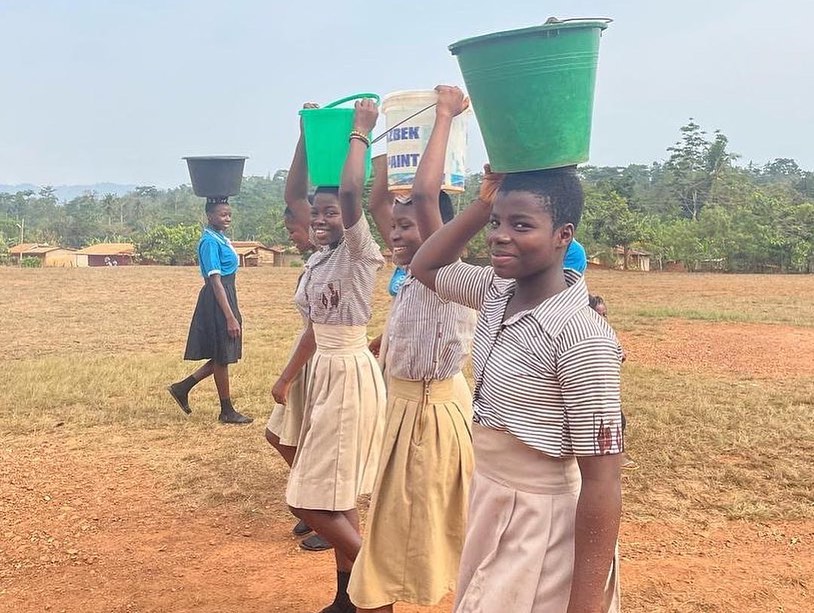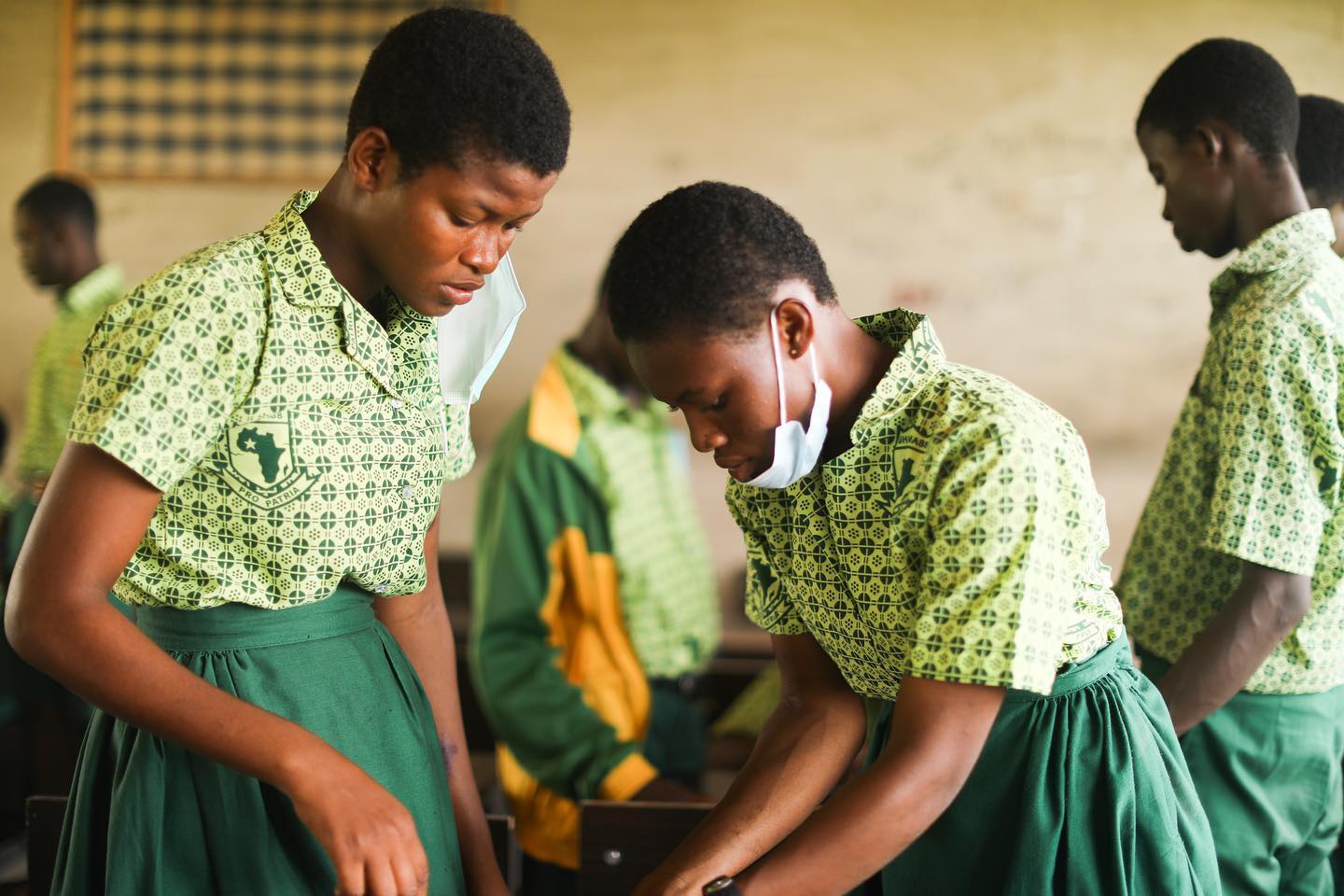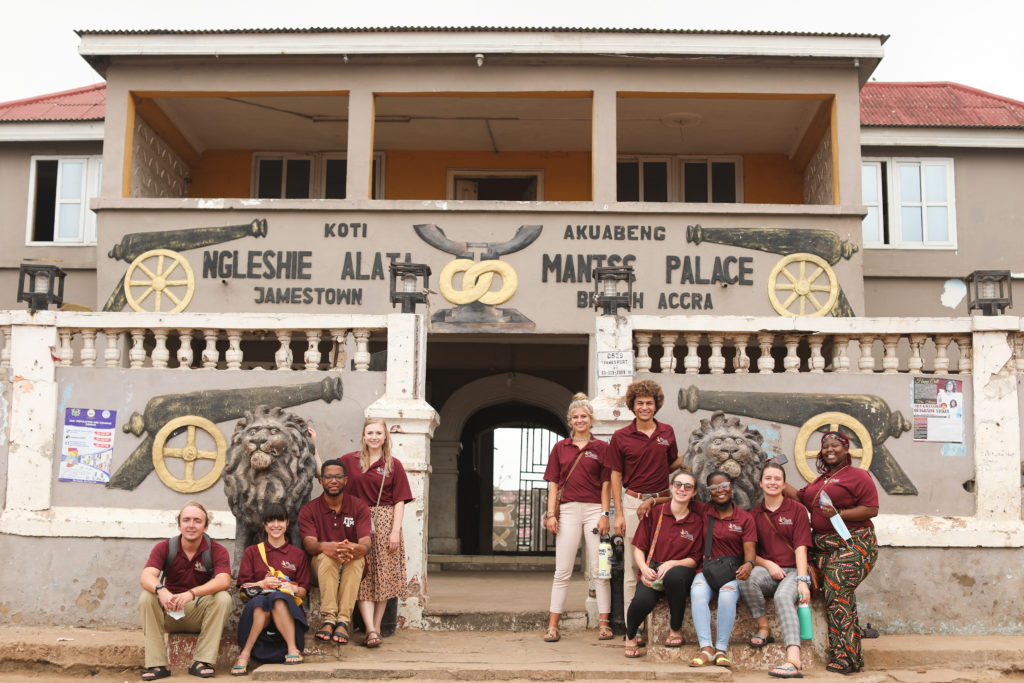About the Project
COLLEGE STATION, TX, January 5, 2023 – The International Agricultural Education Fellowship Program (IAEFP) is founded in partnership with AgriCorps, and hosted at the Norman Borlaug Institute for International Agriculture. IAEFP is funded by the U.S. Department of Agriculture (USDA) Foreign Agriculture Service (FAS).
IAEFP trains and supports fellows to work with teachers and community members in developing countries to implement school-based agricultural education (SBAE) and establish youth leadership clubs. Based on a community needs assessments, fellows work to implement relevant and sustainable agricultural projects at each school. The goal of this program is to give youth the opportunity to experiment with agriculture and try new methods in a low-risk environment. Students can then disseminate what they learn in schools to the adults in their communities.
Click here for more about our philosophy, background, methodology, and more.
Follow the program on Instagram and Facebook to keep up with us!
Applicant RequirementsFill out the interest form to receive information regarding future programs.
- IAEFP 2024 Guatemala
- Must speak fluent Spanish.
- United States Citizen.
- Minimum of a bachelor’s degree before fall 2024.
- Passion for agriculture and agricultural education.
- Experience in FFA, 4-H, or other youth development organizations.
- Interest in positive youth development and international agriculture.
- IAEFP 2024 Ghana
- United States Citizen.
- Minimum of a bachelor’s degree before fall 2024.
- Passion for agriculture and agricultural education.
- Experience in FFA, 4-H, or other youth development organizations.
- Interest in positive youth development and international agriculture.
Applications
IAEFP 2024 Guatemala
- Applications have now closed
- Contact emcat05@tamu.edu for more information
IAEFP 2024 Ghana
- Applications have now closed
- Contact iaefp.borlaug@tamu.edu for more information
IAEFP 2023 Guatemala
- Applications have now closed
- Contact sherrie.ray@tamu.edu for more information
IAEFP 2023 Ghana
- Applications have now closed.
- Contact ellen.lupkes@tamu.edu for more information.
Follow along on Instagram and Facebook to keep up with our current cohorts!
The Ideal Fellow
Ideal IAEFP fellows are motivated individuals with an interest in international agriculture development and education. Fellows will be a class of premiere individuals who strive to be leaders, couples with a passion for agriculture. It is important our fellows know the task ahead of them is not an easy one, but the rewards, personal growth, and experience of this opportunity will play a major role in their future success.
What to expect as a Fellow
Post application, interview, offer, and acceptance to program, fellows will complete a virtual training via Zoom, pre-service training in-person at the Borlaug Institute, and in-service training for the first month of deployment to the country. Fellows will use the AgriCorps training curriculum manual which is based on the integration of four components essential to a successful fellowship experience: interior formation, teaching pedagogy, cultural awareness, and agriculture enhancement. The training workshops will equip fellows with the basic tools needed for success, but more importantly, it will connect them to human resources they can call upon throughout the year as needed.
After moving to assigned communities, fellows will work daily with teachers to integrate SBAE lessons when appropriate. They will be actively engaging in their communities and will implement agricultural projects. Fellows will meet once a month as a group to check-in and assess their progress with a field director or program coordinator. In addition, fellows will be responsible for submitting monthly monitoring and evaluation surveys.
Fellows will be given a monthly stipend, live with a host family within their respective communities, and be given a 2-3 week break halfway through the program to travel back to the U.S. at their own expense. All travel will be reported to the program coordinator or field director. Fellows must abide by established IAEFP travel protocols at all times. It is of utmost important to keep our fellows safe and healthy throughout the program.
Meet the Team
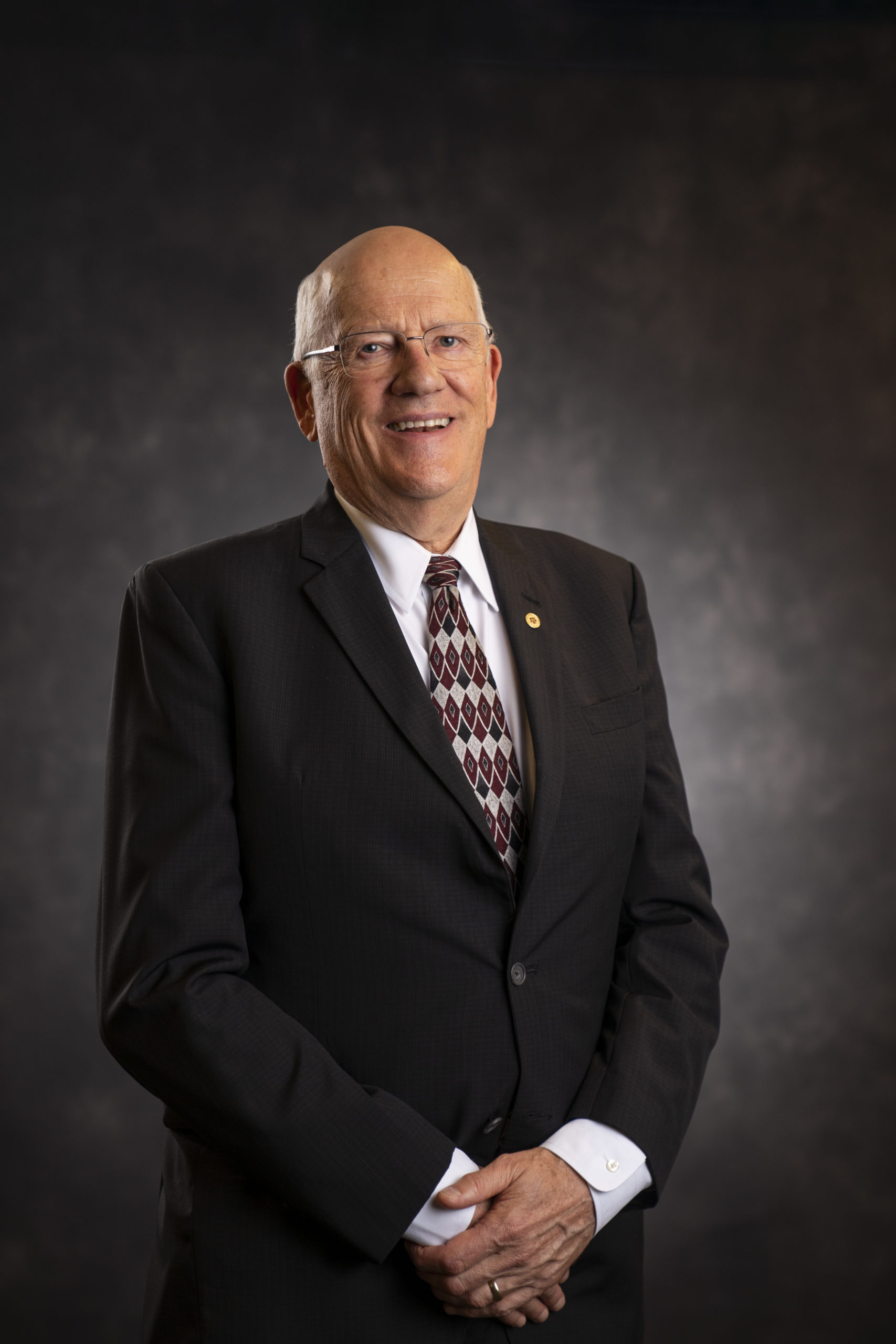
Dr. Jack Elliot, Program Director
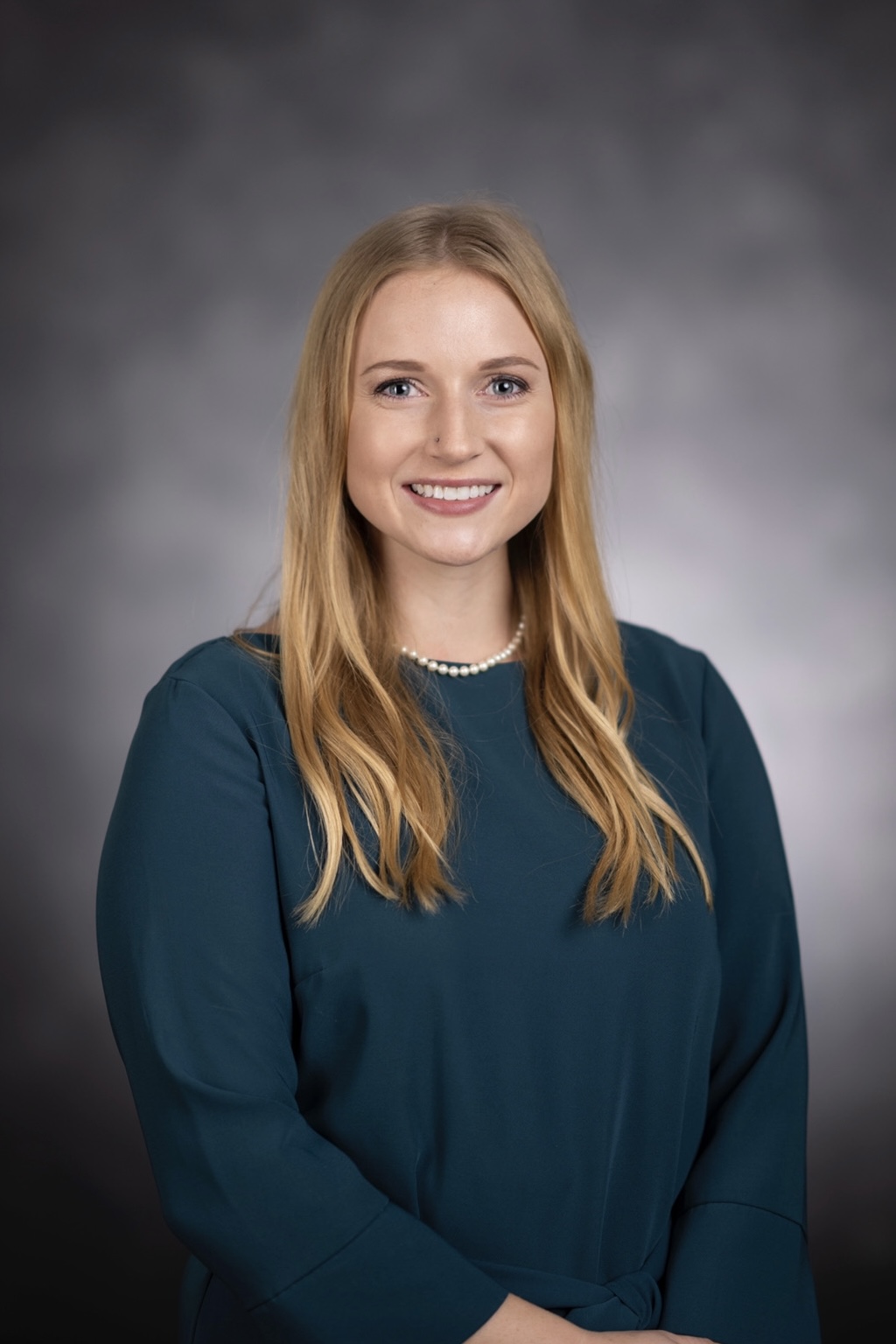
Sherrie Ray, IAEFP 2023-2024 Guatemala Program Coordinator
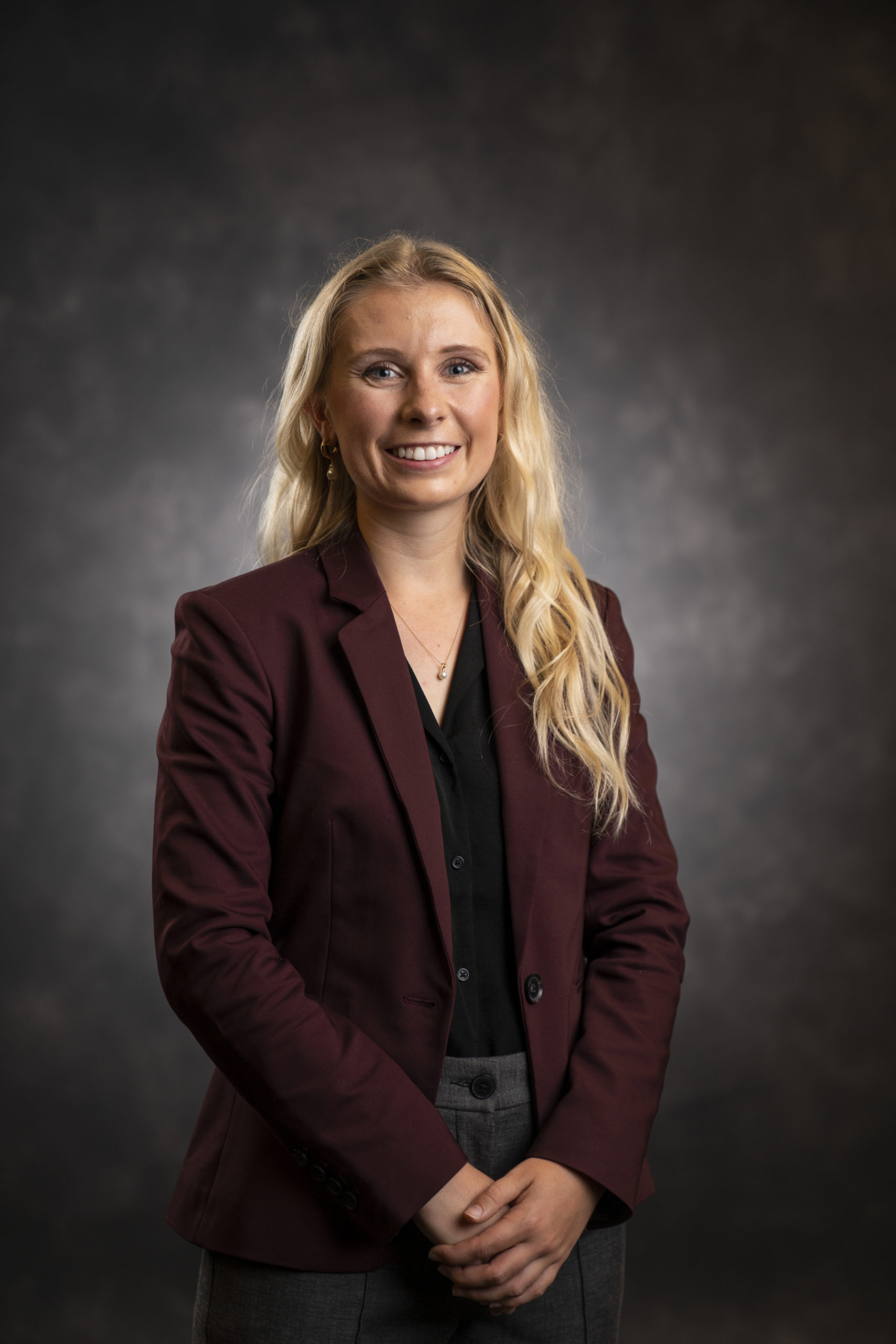
Meikah Dado, IAEFP 2024-2025 Guatemala Program Coordinator
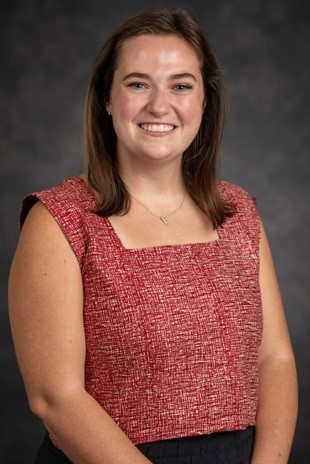
Liz Jones, IAEFP 2024-2025 Ghana Program Coordinator
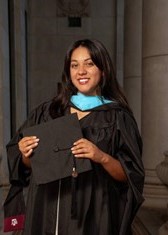
Emily Catalan, IAEFP 2024-2025 Guatemala Program Coordinator
Fellow Classes
Fellow Class, Ghana, 2024-2025
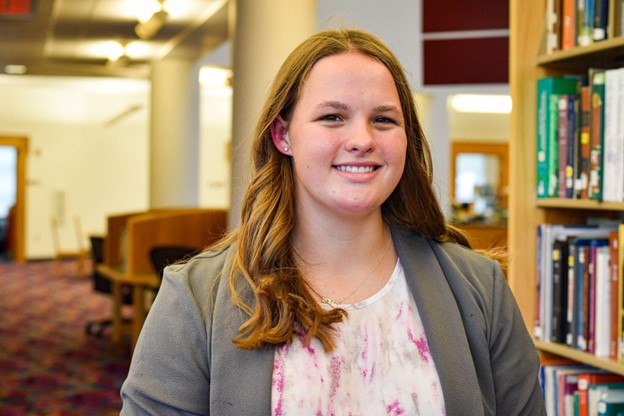
Molly Boyd, University of Illinois at Urbana-Champaign, B.S.
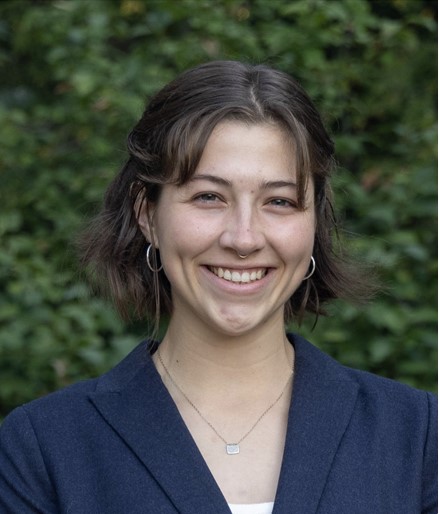
Celia Greaf, Penn State University, B.S.
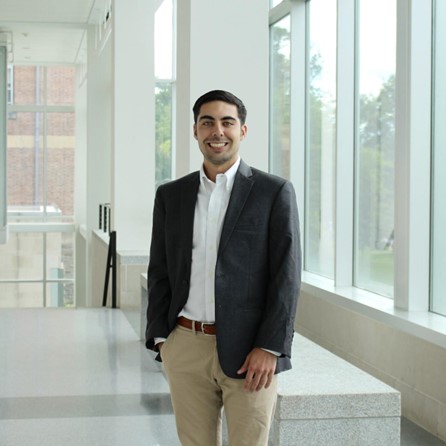
Charlie Hochfelder, Cornell University, B.S.
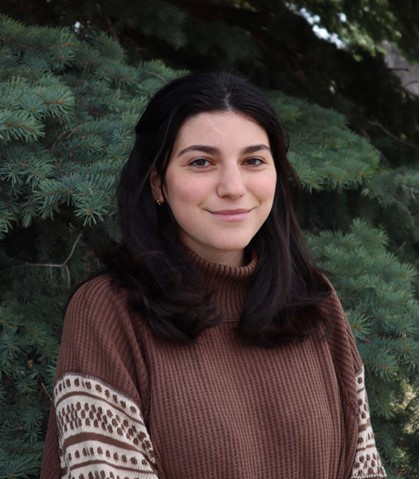
Chloe Perel, Brown University, B.S.
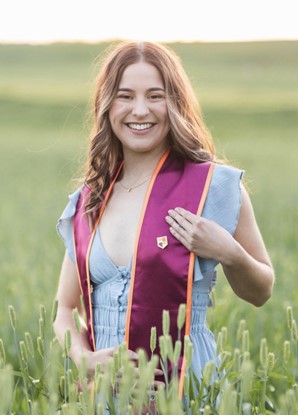
Megan Pollok, Virginia Tech, B.S.
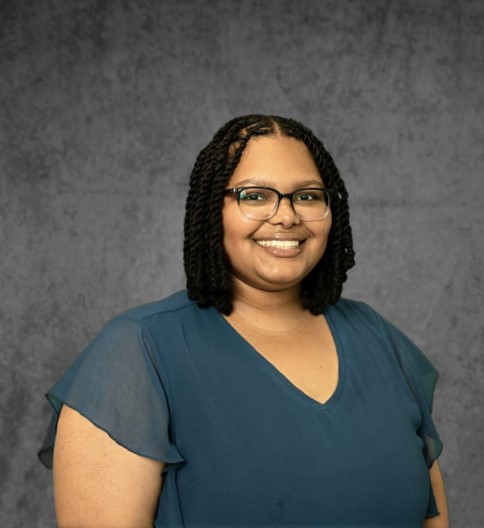
Alexia Powell, Prairie View A&M University, B.S.
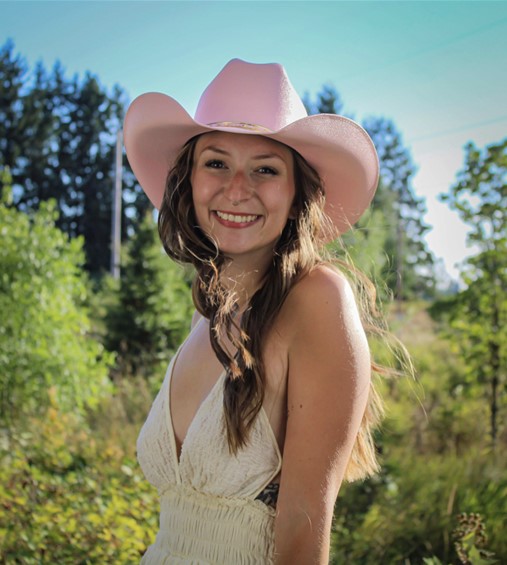
Hope Stansell, Oregon State University, M.S.
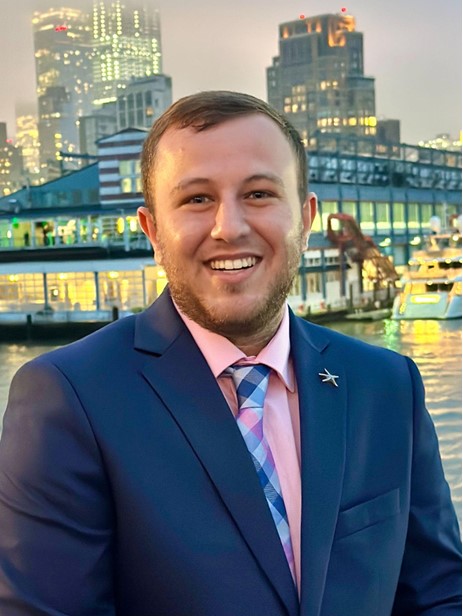
Clayton Thomas, University of Nebraska-Lincoln, B.S.
Fellow Class, Guatemala, 2024-2025
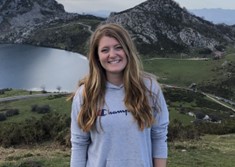
Anna Poe, Syracuse University, B.A.
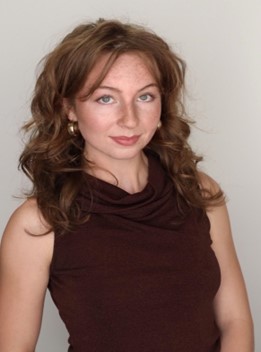
Brooke Kornmueller, Kansas State University, B.S.
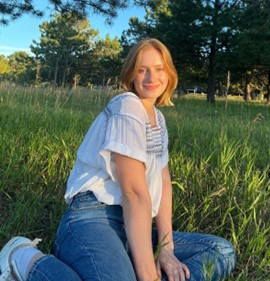
Callie Kuykendall, Washington State University, B.S.
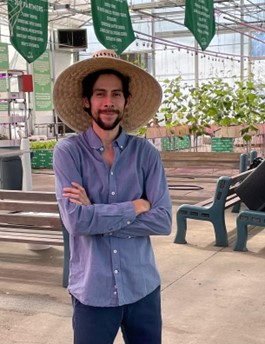
Frank Caceres , Texas A&M University, B.S.
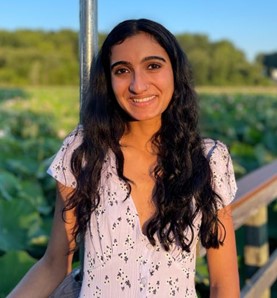
Himani Bhat, Duke University, B.S.
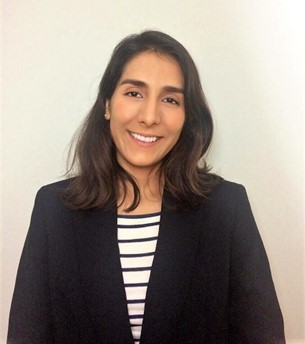
Kathyrn Ortega, Texas A&M University, M.A.
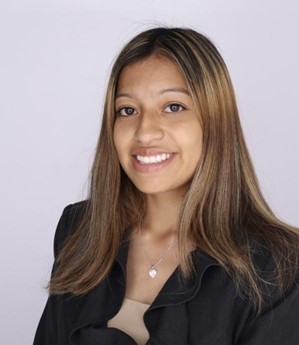
Kaylee Rodriguez, Virginia Tech University, B.S.
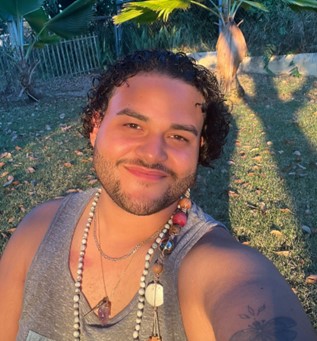
Leandro Picón-Gotay, University of Puerto Rico, B.S.
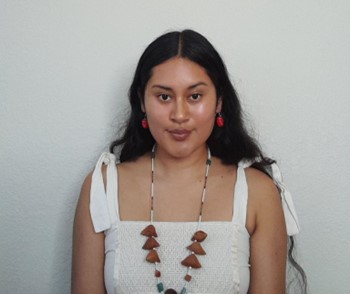
Leonela Bolaños, California State Polytechnic University, B.S.
Fellow Class, Ghana, 2023-2024
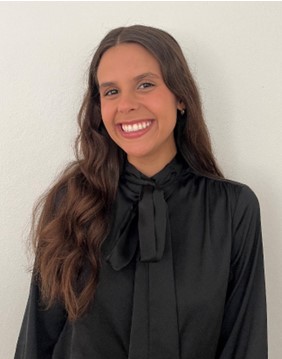
Daniela Aviles, Universidad de Puerto Rico, B.S.
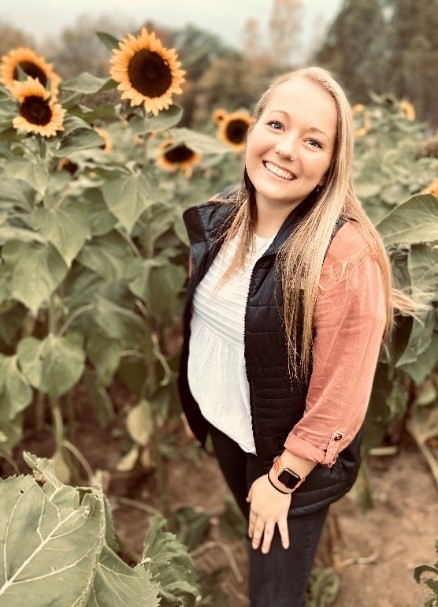
Tana Engel, University of Nebraska-Lincoln, B.S.
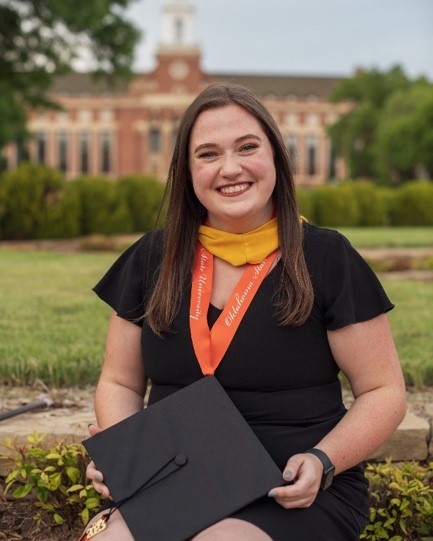
Liz Jones, Oklahoma State University, M.S.
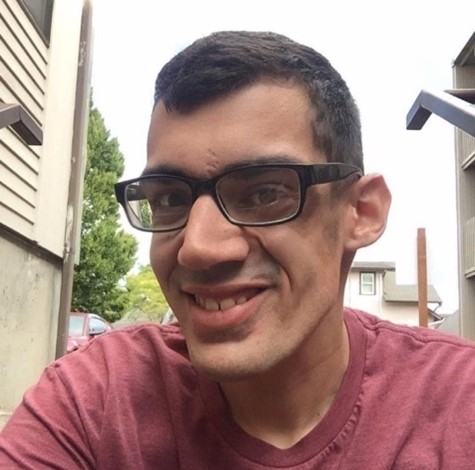
Dustin Laster, Oregon State University, B.S.

Nia McLean, North Carolina Agricultural and Technical State, B.S.
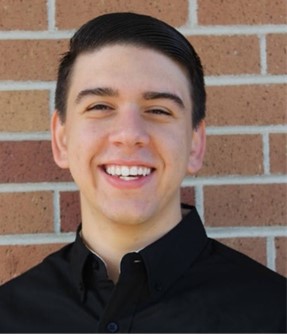
Jonathan Moules, California State University-Fresno, M.S.
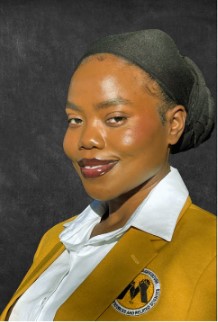
Alice Mukunzi, North Carolina Agricultural and Technical State University, M.S.
Fellow Class, Ghana, 2021-2022
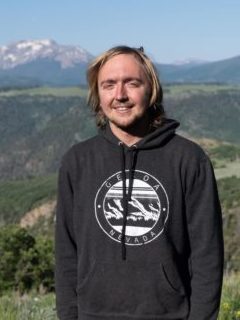
Connor Billman, University of Nevada, B.S.

Praise Benson, Prairie View Texas A&M University, M.S.

Arogeanae Brown, Virginia Tech University, Ph.D.

Manny Catala, Penn State, B.S.

Tessa Hawley, Virginia Tech University, B.S.
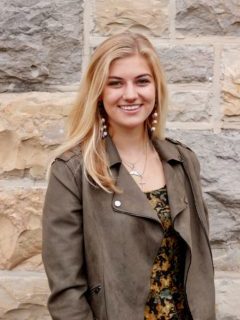
Mary Michael Lipford, Virginia Tech Univeristy, B.S.
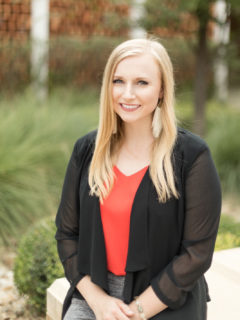
Sherrie Ray, Texas Tech University, B.S.

Ella Scott, Cornell University, M.Ed.
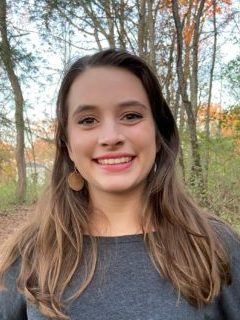
Lauren Seeley, Virginia Tech University, B.S
Frequently Asked Questions
How close will I be to other fellows? Will I be the only fellow in my community?
This will vary depending on each community and country of deployment. Fellows will each have their own host family, but fellows might share a community or school. In Guatemala, there will be two to three fellows per community. In Ghana, fellows might be more spread out but within a 10–20-minute drive from each other. Having fellows close to each other ensures safety and allows collaboration between schools which contributes to the sustainability of the programs and projects. The whole class of fellows will routinely meet once a month for collaboration.
What will Internet connection and communication look like in my community? Are cell phones utilized via satellite or local phone towers?
There will be cell phone coverage via local phone towers everywhere fellows are placed. However, internet connection could be slow in some locations depending on weather and time of the day. You will have the ability to call your program coordinator, other fellows, and even family and friends from back home. WhatsApp tends to use the least amount of data and be the most effective for communication in both Ghana and Guatemala.
What about my cell phone? Can I use my current phone in the country?
Once in-country, you will buy a local SIM card that will allow you to have a Guatemalan or Ghanaian phone number. You will buy phone credit throughout the year but it is fairly inexpensive compared to the US. As long as your cell phone is unlocked you should not have any problem with a foreign SIM. You will need to contact your U.S. service provider to verify your phone is unlocked. Also, your phone must be capable of using WhatsApp (any smart phone is fine).
What does the agriculture curriculum look like? What resources will be available for us to teach?
Each fellow will have school garden curriculum. This is not enough to teach every day for an entire year, but it is valuable curriculum to be used. Schools may provide for an agriculture class taught by the fellows, but fellows will likely be teaching alongside a science teacher in a middle school, incorporating agriculture into the science lessons. Fellows will also be provided with a USB that contains additional teaching, development, and agricultural resources.
Can we travel around the country and perhaps to adjoining countries during long weekends or short breaks?
There may be some time to travel around the country throughout the year during school breaks; however, you are a teacher. You are not allowed to miss school days for leisure travel. All travel must be communicated to the program coordinator and you must abide by your program’s travel protocols.
How do IAEFs receive their monthly allowance?
Monthly allowances will be direct-deposited into each fellow’s bank account at the beginning of each month. Fellows will use local ATMs to withdraw their allowance in the local currency. IAEFP will get your banking and routing information from you before deployment.
What is the common language where I am going?
Guatemala: 25 languages are spoken in Guatemala. Spanish is the national language and almost all communication within communities will be in Spanish. That’s why Spanish fluency is a requirement. However, students, teachers, farmers, and families may also speak local, indigenous dialects. Children make the best teachers. I’m sure you will pick up a local dialect while living in your community.
Ghana: Over 50 languages are spoken in Ghana, but English is the national language. While teaching in English is a requirement for all schools, Twi is a common dialect shared among Ghanaians. Not everyone speaks English, especially older generations. You will receive a brief language training when you arrive in the country. This will help you with the basics of making purchases in the market and introducing yourself, but being emersed in the culture is the best way to learn.
For any further questions, please email the program coordinator for your desired program listed under “Our IAEFP Programs”

